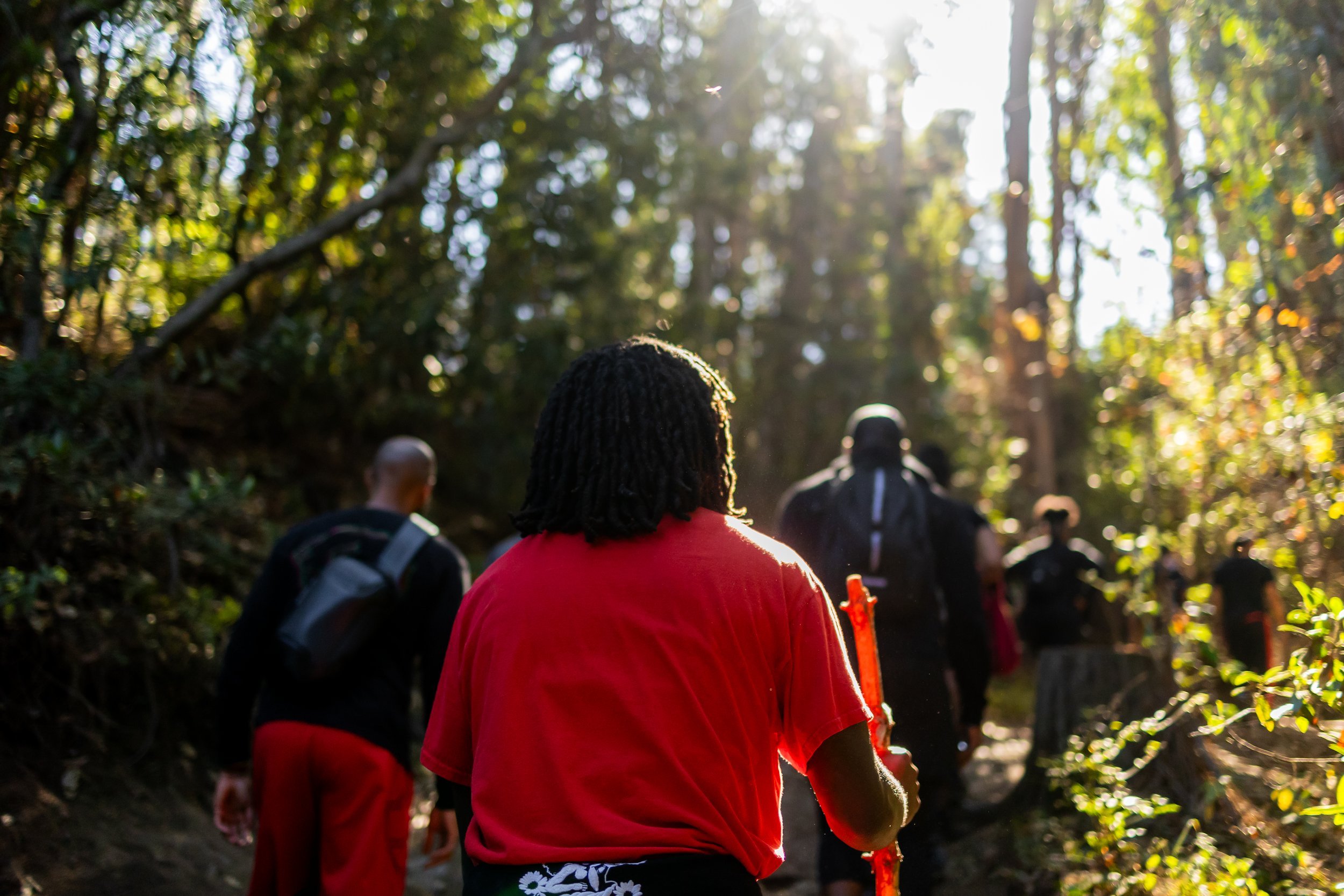Cory Elliott on Youth Development, Violence Prevention, Healing in Nature & Building The Black Neighborhood
Season 1 | Episode 21
MORE ABOUT CORY
Cory Elliott is a respected community leader and strategist committed to equity, education, and sustainable impact. As President and CEO of The Black Neighborhood (TBN), he leads programs that center healing, youth development, and economic empowerment, helping to build safer, more connected neighborhoods. Cory’s work is deeply tied to legacy, land, and leadership. Whether guiding young men through rites of passage, coordinating food access initiatives, or building out civic engagement programs, he is focused on creating lasting systems of care, justice, and opportunity.
Cory Elliott is a respected community leader and strategist committed to equity, education, and sustainable impact. As President and CEO of The Black Neighborhood (TBN), he leads programs that center healing, youth development, and economic empowerment, helping to build safer, more connected neighborhoods.
With a Master’s in Teaching from Relay Graduate School of Education and a Bachelor of Science from Howard University, Cory blends academic training with grassroots experience. Through Elliott & Associates Consulting Group, he partners with nonprofits to design trauma-informed programs, lead fundraising efforts, and strengthen organizational infrastructure.
Cory’s work is deeply tied to legacy, land, and leadership. Whether guiding young men through rites of passage, coordinating food access initiatives, or building out civic engagement programs, he is focused on creating lasting systems of care, justice, and opportunity.
“The point of the hikes is to take care of ourselves. And as we continue to take care of ourselves and find healthy, natural, free ways to congregate and to be together, and then on these hikes you may meet someone that has a job offer. You may meet a Black dentist. You may meet an OBGYN. And so now there’s more connections that are happening. And I do think that that disrupts the control factor that so many of our black communities are living under.
”


